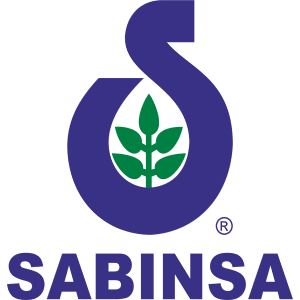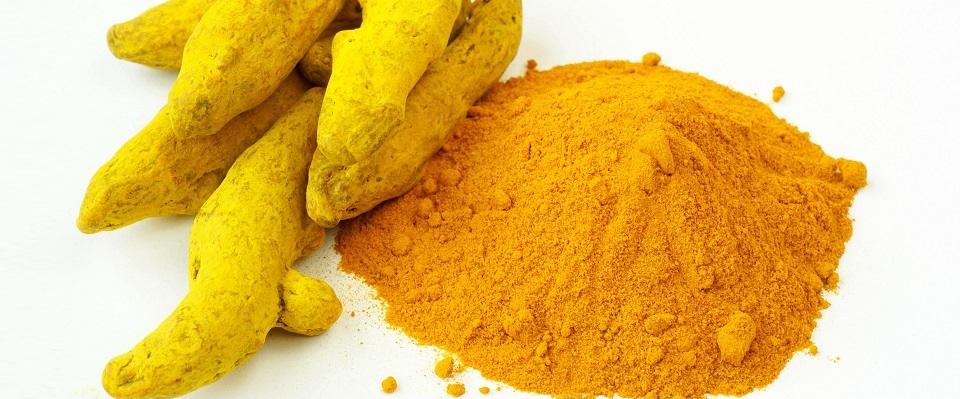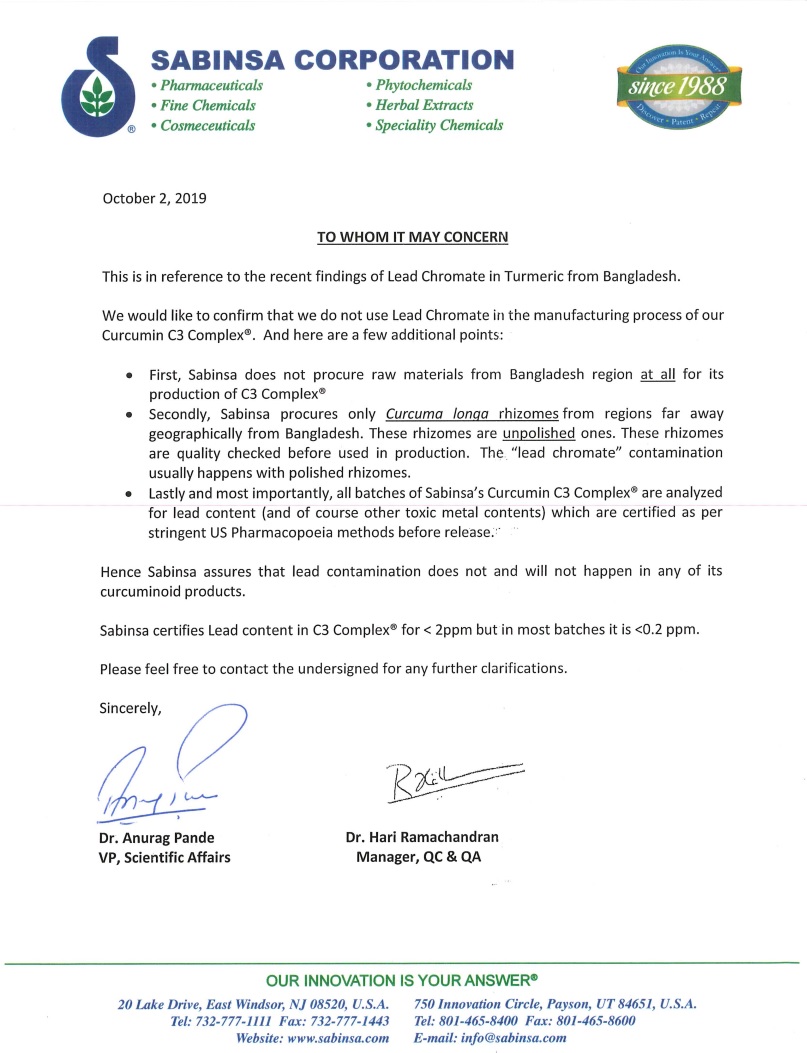The diverse health benefits of the "curry spice" curcumin are well documented. Valued as an antioxidant and anti-inflammatory agent, curcumin is currently being tested as an anti-cancer drug by the NIH.
Extracted from the roots of Curcuma longa (turmeric), natural "curcumin" is essentially a mixture of three related compounds; curcumin, demethoxycurcumin and bisdemethoxycurcumin, collectively termed "curcuminoids".
A recent study provided clues to earlier observations that elderly people living in villages in India appeared to have the lowest incidence of Alzheimer's disease globally. Only 1% of those aged 65 and older experienced the gradual erosion of memory and cognition, characteristic of the disease.
Alzheimer's disease is characterized by the build up of beta-amyloid protein plaques in the brain, that are believed to be responsible for the decline in memory, as they clog the synapses that connect individual brain cells. Many of the destructive effects of beta-amyloid protein are reported to arise through oxidative damage and inflammation.
Researchers from the University of California1, Los Angeles, reported that diets rich in curcumin inhibited the development of beta-amyloid plaques in experimental models of Alzheimer's disease, as observed in middle-aged and aged rats. The researchers also speculated that compounds such as vanillin, zingerone and rosmarinic acid, with chemical structures similar to curcumin, may manifest similar effects.
In this context, another group of researchers2 reported that N-Acetylcysteine, an antioxidant compound, also had beneficial effects on Alzheimer's disease patients, presumably through the reduction of oxidative stress.
Sabinsa Corporation supplies Curcumin C3Complex? (a standardized extract from Curcuma longa roots containing a minimum of 95% curcuminoids) as well as N-Acetylcysteine.
References: 1. Frautschy S. Findings presented at the Annual Meeting of the Society of Neurology, November 2001 as reported by Reuters Health, Nov. 15, 2001*. 2. Adair, J.C. et al. (2001) Neurology 57: 1515-7.
The researchers used Curcumin C3Complex (a registered trademark of Sabinsa Corporation)








